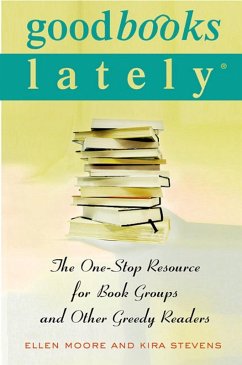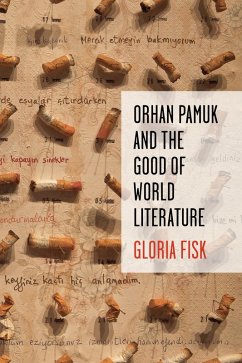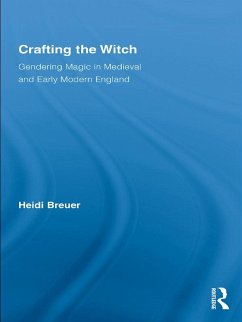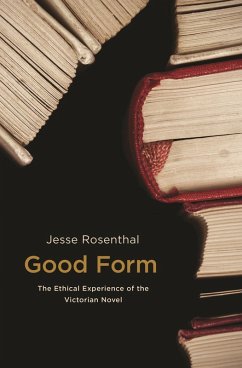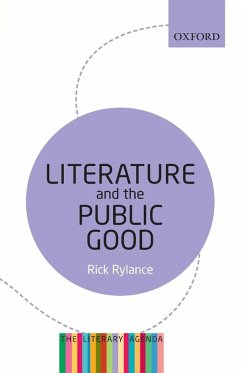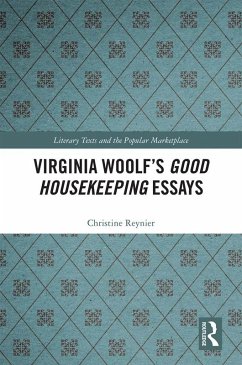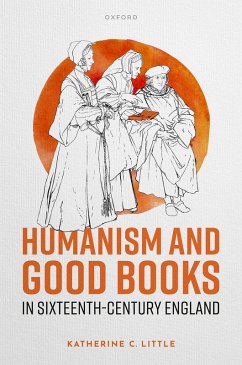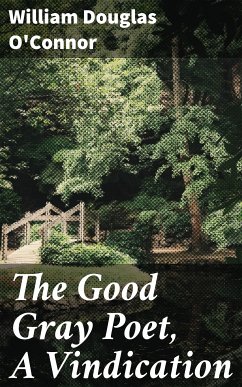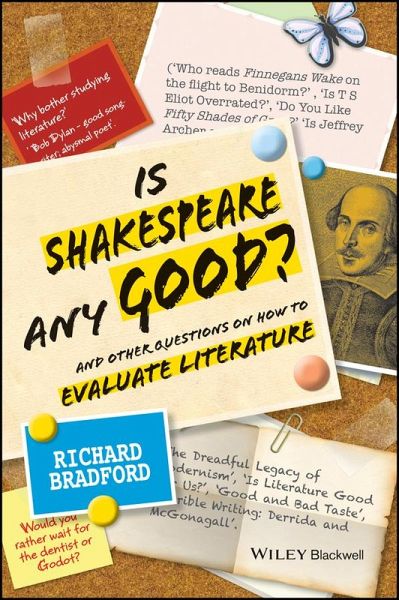
Is Shakespeare any Good? (eBook, ePUB)
And Other Questions on How to Evaluate Literature
Versandkostenfrei!
Sofort per Download lieferbar
17,99 €
inkl. MwSt.
Weitere Ausgaben:

PAYBACK Punkte
0 °P sammeln!
Is Shakespeare any Good? reveals why certain literary works and authors are treated as superior to others, and questions the literary establishment's criteria for creating an imperium of "great" writers. * Enables readers to articulate and formulate their own arguments about the quality of literature - including works that convention forbids us to dislike * Dismantles the claims of academic criticism - particularly Theory - to tell us anything useful about why we like or appreciate literature * Challenges and shatters many longstanding beliefs about literature and its evaluation * Poses seriou...
Is Shakespeare any Good? reveals why certain literary works and authors are treated as superior to others, and questions the literary establishment's criteria for creating an imperium of "great" writers. * Enables readers to articulate and formulate their own arguments about the quality of literature - including works that convention forbids us to dislike * Dismantles the claims of academic criticism - particularly Theory - to tell us anything useful about why we like or appreciate literature * Challenges and shatters many longstanding beliefs about literature and its evaluation * Poses serious questions about the value of literature, and studying literature, and presents these in a lively and entertainingly provocative manner
Dieser Download kann aus rechtlichen Gründen nur mit Rechnungsadresse in D ausgeliefert werden.




